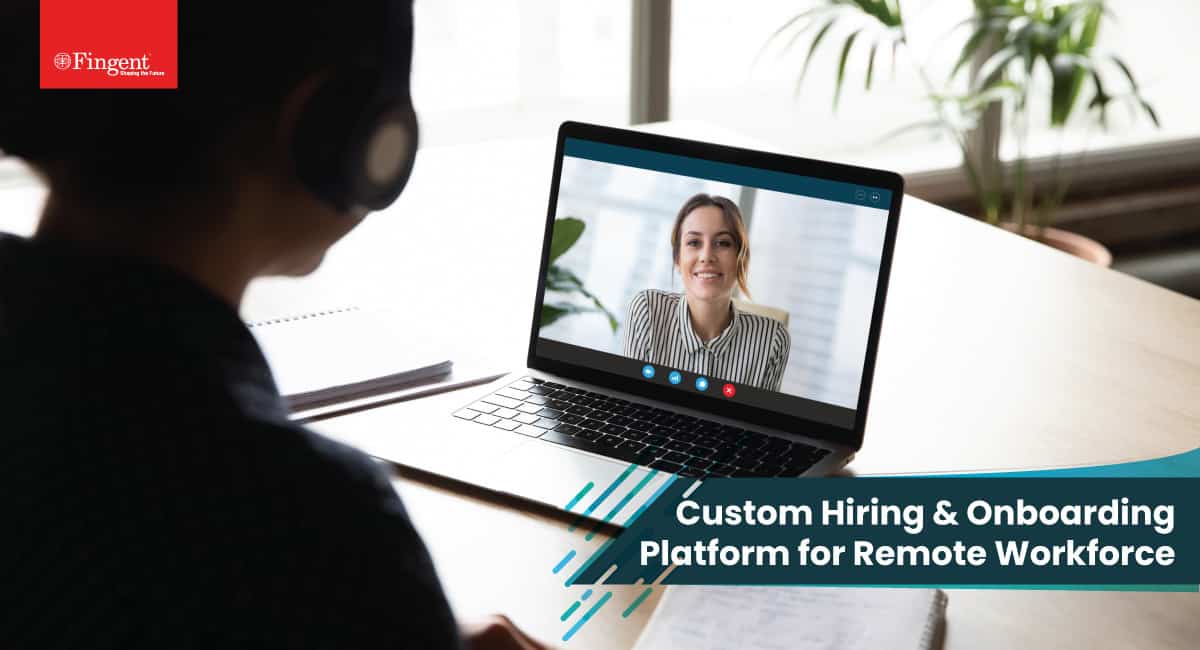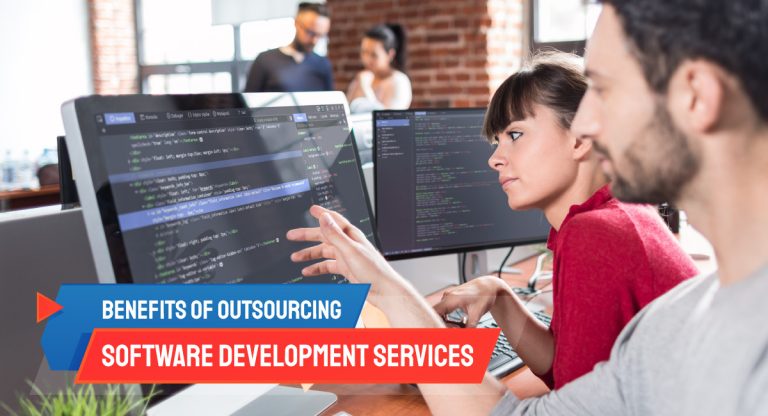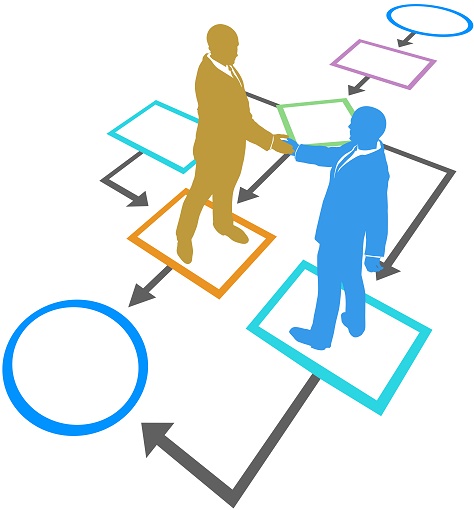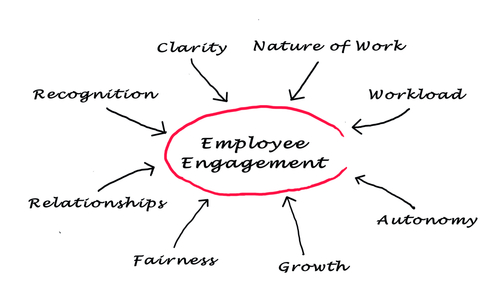How HR and IT Combine to Deliver Real Value to the Enterprise
IT is all about talent, how skillful and creative developers apply their talent to technology, to develop cutting edge solutions to solve a problem or unlock some latent possibilities. The role of Human Resource, responsible for acquiring and nurturing is very much underestimated and often overlooked, in such a scheme of things.
HR is today a key enabler of the organization’s strategic goals, having grown from its earlier avatar of functional “Personnel Management” to assume a complex role that cuts across all aspects of the business.
The Need for an HRIS
Realizing HR’s strategic mission necessitates the HR team to align its approach with the broader business model. Often, HR is trapped in transactional activities that add little value to the overall enterprise. For HR to add value, all its activities, including transactional activities, have to be integrated into organizational goals. The need of the hour is strong systems that integrate processes, eliminates silos, and reduces paperwork. A key enabler in this front is HRIS (Human Resource Information System), which is just as important as a CRM or ERP for the enterprise. A good HRIS not only enables automation and standardization of key processes but also forges deep integration with other systems running in the enterprise. Such a systems-driven approach gives key stakeholders access to the complete information in real time, improving the quality of their decisions.
HR and Big Data
A solid HRIS goes beyond enabling linkage top HR functions. In today’s tech-heavy world, data is a key source of competitive advantage, and HR holds the most crucial data related to the internal trappings of the enterprise – that of its people. Unlocking the big data HR holds by incorporating a robust analytic engine to the HRIS can yield rich insights and transform the workings of the enterprise.
An effective analytics based HRIS that pull, aggregates and analyze data from various sources, brings accuracy and clarity to all workforce-related processes.
Compensation
Today’s competitive pressures force many businesses to tie staffing and compensation decisions to specific business problems. To further this end, many enterprises now use workforce analytics systems, integrating HR data with information from sales, finance and other business operations. The reports and forecasts generated by workforce analytic systems become the basis to determine compensation and benefits packages.
Forging a sound compensation-related analytics system for HR requires effective coordination between HR and IT, not just to get the technical backbone up and running, but to identify the skill-set and relative worth of every skill.
Workforce Management
Many HR technology vendors now integrate analytics to not just payroll, but also to hiring and people management platforms. A 2016 Deloitte survey reveals 48% of businesses using staff analytics for workforce planning, with 39% correlating data about their employees to business performance
In today’s fast-paced world, where roles and opportunities remain fluid, and nothing is left in stone, analytics help HR predict with a great degree of accuracy how to effectively adjust and allocate the workforce to keep pace with changing business needs.
Training and Development
Training is an integral part of inculcating employees with the latest skills, so essential in today’s fast-changing business and technology environment. Smart HR, attuned to today’s competitive pressures, make an effective team with the tech team, to identify people who require training, and devise the most appropriate “push” or “pull” training methodologies. In an ideal enterprise, HR is the coordinator and the patron of the training initiatives, and also links training effectiveness to performance initiatives.
Effective analytics helps HR gain insights into the execution of critical tasks, and identify the difference between desired performance and actual performance, drilled down to individual employees. This becomes the basis for designing a training and development plan for each employee.
HR as a Catalyst for Employee Engagement and Productivity
The HR strategy has an important, yet often overlooked the impact on employee engagement and productivity. In times of stability, the policies and systems in place inspire leadership and motivate the workforce to put in their best short. In times of change, how HR takes the lead in driving change has a big bearing on how employees buy the change, and remain motivated in the wake of new paradigms and changed realities. In today’s tech-centric enterprises, it requires effective coordination between HR and IT to develop robust systems that allow employees to remain productive, and bring stability during the times of change.
Harvard Business School defines Competitive advantage as “firm is something unique that competitors cannot easily copy.” For HR to create competitive advantage, it needs to develop systems and processes that maximize the abilities of the workforce and tap into organizational capabilities to the hilt. It requires well developed and robust solutions, in the form of mobile apps and more, to ensure the technical backbone of HR is up to the task, to realize competitive advantage. With our considerable experience in developing solutions across-the-board for hundreds of enterprises, we are in the best position to fulfill the void. Our team of highly resourceful and talented developers would understand your specific requirements, and develop cutting-edge solutions that propel your enterprise to a whole new level.
Stay up to date on what's new

Recommended Posts

04 Sep 2020
Why Develop a Custom Platform for Remote Employee Hiring and Onboarding?
Experience remote hiring success with custom hiring and onboarding platform Even before the pandemic hit, the number of employees working remotely has grown considerably over the past few years. The……

30 Mar 2020
Why Software Development Outsourcing is a Smart Move Now
Top 5 benefits of outsourcing software development services Software development outsourcing is empowering companies worldwide, including the most successful ones across their journeys. Leading players like Google, WhatsApp, Slack, and……

25 Oct 2017
Enterprise Mobility Apps for Faster Business Growth
Businesses in the present are making every move to ensure that they stay ahead of their competitors in the market. A rapid growth in terms of market share, revenues and……

10 May 2017 Retail
Why Your Growing Business Needs Enterprise Applications
With the internet, especially mobile internet now a way of life, businesses are going overboard developing enterprise apps. A 2015 Gartner survey reveals 79% of enterprises increase their mobile spending……
Featured Blogs
Stay up to date on
what's new















